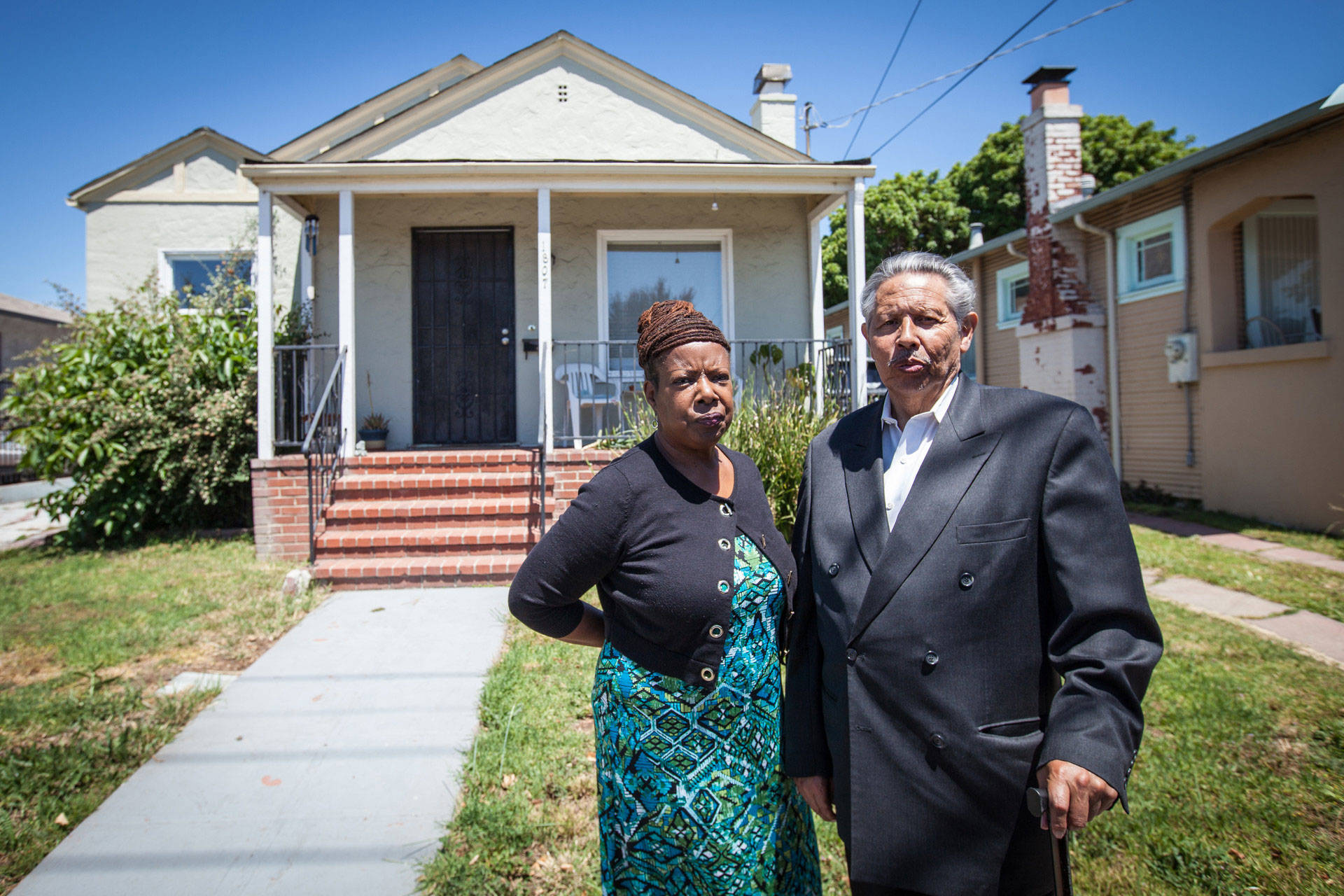 FOR IMMEDIATE RELEASE:
FOR IMMEDIATE RELEASE:
December 14, 2018
MEDIA CONTACT:
press@nsldn.org | 202-734-7495
NSLDN & HERA Statement on Automatic Closed School Discharge Announcement
Washington, D.C. – The National Student Legal Defense Network (NSLDN) issued a statement responding to the Department of Education’s announcement that it would begin discharging the loans of students who attended schools that closed. NSLDN filed a lawsuit in November, on behalf of Housing and Economic Rights Advocates (HERA), demanding that the Department of Education immediately fulfill its legal obligations and discharge the loans of tens of thousands of students whose schools or campuses have closed.
“This appears to be a positive development, but we will continue pressing the Department to ensure that every single eligible borrower receives the full and complete relief they deserve,” said NSLDN President Aaron Ament. “This automatic discharge rule was put into place because the impact of a school closure is so devastating on students’ plans and careers, and because many borrowers were not aware of the right to request a discharge. If it weren’t for Secretary DeVos’s unlawful delay of the rule in the first place, students would have gotten this relief in 2017 and public interest organizations like HERA would not have had to divert their limited resources to solve problems caused by this Department.”
“While it is heartening to hear that the Department is planning to do its job by stopping collections against students whose schools clearly failed them, it is important to note that the Department has already proposed rules that would severely limit this same relief in the future,” said HERA Managing Attorney Noah Zinner. “We urge the Department to reconsider these new restrictions on student debt relief.”
The Department of Education’s Borrower Defense Rule, a regulation finalized in 2016, instituted a provision known as Automatic Closed School Discharge – in short, the provision requires the Department to automatically discharge the loans of all eligible borrowers harmed by the abrupt closure of their school. The automatic aspect of the relief is especially important because students are often unaware of their rights – fewer than half of eligible borrowers affirmatively apply for relief.
Under Secretary DeVos, the Department delayed the July 1, 2017 implementation of the Borrower Defense Rule three times, and in September 2018, a federal judge held that the delays were unlawful, arbitrary, and capricious. After the judge’s order, the rule went into effect as if the Department’s illegal delays had never happened. However, until this announcement the Department and its servicers have continued to collect on loans that it is required by law to discharge.
Since November 2013 nearly 3,600 schools have either closed a campus or stopped operations entirely. Borrowers eligible for closed school loan discharge should receive the following benefits:
- Complete loan discharge: Borrowers who get a closed school discharge are no longer obligated to repay any outstanding loan principal, accrued interest, or collection costs.
- Refund of payments already made: Borrowers should be reimbursed for any and all payments made to date on the loan, including through wage garnishment or tax refund offsets
- Federal aid eligibility: Borrowers should be made eligible for new loans and grants, including Pell grants.
- Clear credit history: Any adverse credit history due to the loans should be deleted by the credit reporting agencies.
Housing and Economic Rights Advocates is a California statewide, not-for-profit legal service and advocacy organization dedicated to helping Californians — particularly those most vulnerable — build a safe, sound financial future, free of discrimination and economic abuses, in all aspects of household financial concerns. HERA provides free legal services, consumer workshops, training for professionals and community organizing support, creates innovative solutions and engages in policy work locally, statewide and nationally. Learn more at www.heraca.org
###
The National Student Legal Defense Network (NSLDN) is a non-partisan, non-profit 501(c)(3) organization that works, through litigation and advocacy, to advance students’ rights to educational opportunity and to ensure that higher education provides a launching point for economic mobility.






 When Vanessa and Richard Bulnes got an eviction notice, it felt sadly ironic. The Bulneses were unable to pay the rent because their corporate landlord took three years to remediate high levels of lead in the backyard soil, which caused Vanessa to lose her business — a family home child care that she had run for more than 20 years.
When Vanessa and Richard Bulnes got an eviction notice, it felt sadly ironic. The Bulneses were unable to pay the rent because their corporate landlord took three years to remediate high levels of lead in the backyard soil, which caused Vanessa to lose her business — a family home child care that she had run for more than 20 years.
 Oakland, California, May 26, 2017- The nine-year marathon class action litigation attacking CashCall’s exorbitantly high interest loans entered a new phase last month when the federal Ninth Circuit Court of Appeals took the unusual step of requesting guidance from the California Supreme Court on relevant state law.
Oakland, California, May 26, 2017- The nine-year marathon class action litigation attacking CashCall’s exorbitantly high interest loans entered a new phase last month when the federal Ninth Circuit Court of Appeals took the unusual step of requesting guidance from the California Supreme Court on relevant state law.